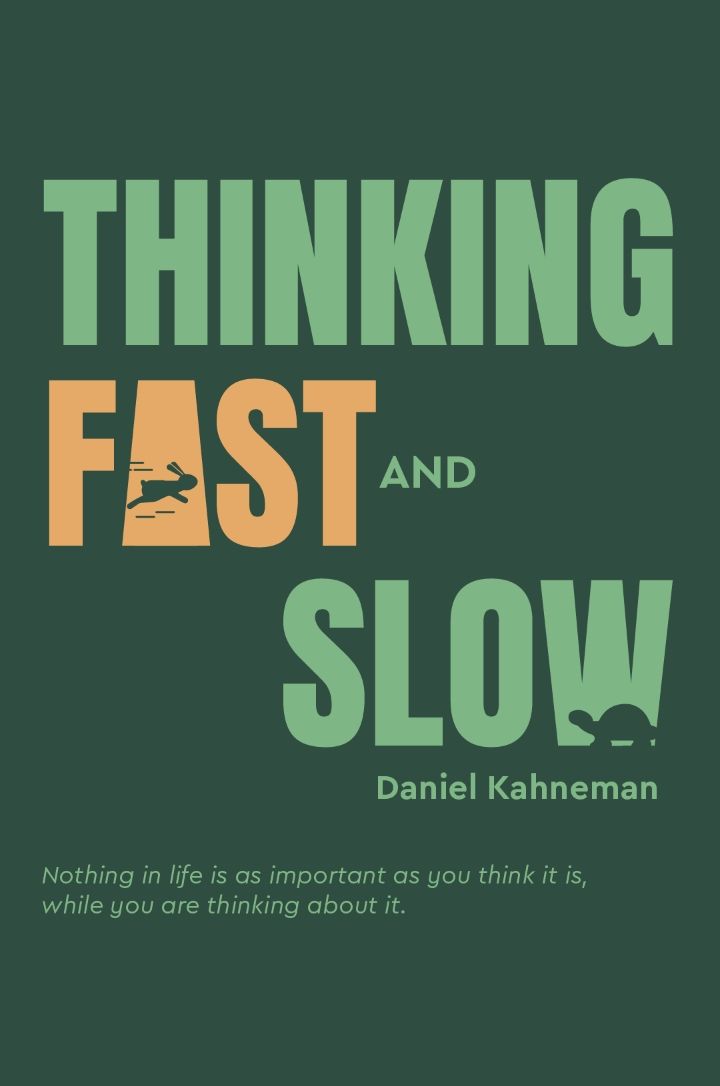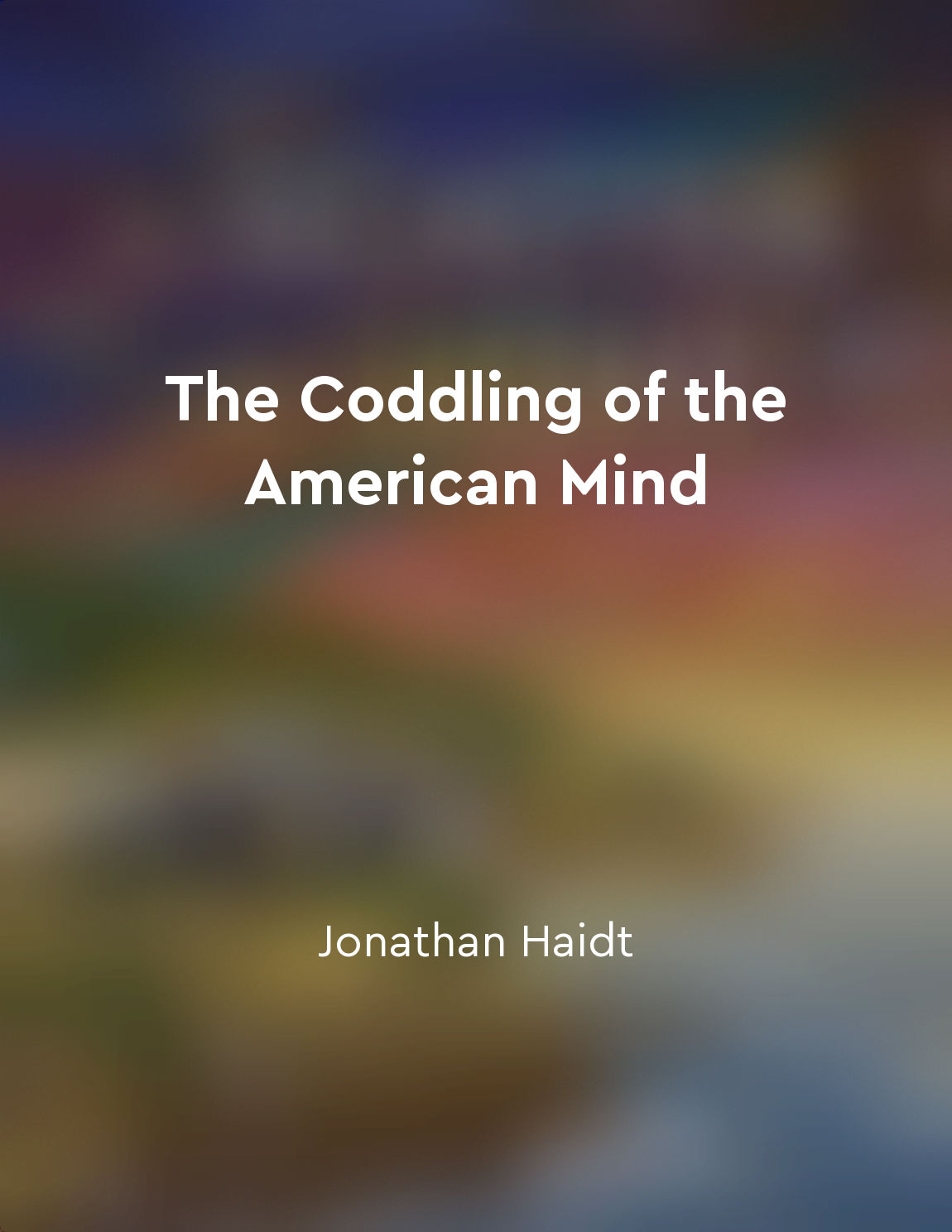Lack of exposure to differing viewpoints stifles understanding from "summary" of The Coddling of the American Mind by Jonathan Haidt,Greg Lukianoff
The idea that lack of exposure to differing viewpoints stifles understanding is a crucial one in today's society. When individuals are shielded from differing perspectives, they are deprived of the opportunity to challenge their own beliefs and expand their understanding of the world. This lack of exposure can lead to a narrow-mindedness that hinders personal growth and intellectual development. In "The Coddling of the American Mind," Haidt and Lukianoff explore how this lack of exposure has become increasingly prevalent on college campuses, where students are often shielded from ideas that may challenge their preconceived notions. This phenomenon, known as "confirmation bias," occurs when individuals seek out information that confirms their existing beliefs while ignoring or dismissing evidence that contradicts them. By surrounding themselves only with like-minded individuals and avoiding dissenting opinions, individuals fail to engage in meaningful dialogue and critical thinking. This echo chamber effect can lead to a dangerous polarization of society, where individuals become more entrenched in their own beliefs and less willing to consider alternative viewpoints. To combat this trend, it is essential to actively seek out diverse perspectives and engage in open-minded discussions with individuals who hold different beliefs. By exposing oneself to a variety of viewpoints, individuals can broaden their understanding of complex issues and develop a more nuanced perspective on the world around them.- The authors argue that fostering a culture of intellectual curiosity and openness to differing viewpoints is essential for promoting understanding and progress in society. Only by confronting challenging ideas and engaging in respectful dialogue can individuals break free from the constraints of their own biases and develop a more comprehensive understanding of the world.
Similar Posts
Philosophical ideas shape societal structures
The way we structure our societies is not merely a product of happenstance or random chance. Instead, it is deeply influenced b...
Balance between freedom and social utility
The principle of utility, or the greatest happiness principle, states that actions are right in proportion as they tend to prom...

Reference points influence our choices
Our choices are often influenced by reference points that we use as benchmarks. These reference points can be anything from pre...
Cultivate logical reasoning skills
To sharpen your thinking skills, it is important to cultivate logical reasoning skills. This involves developing the ability to...
Ideas come from impressions
Ideas are the faint images of our thinking and reasoning. They are derived from our impressions, which are more lively percepti...
Public opinion is essential for democracy to function
In a democratic society, the opinions of the public play a crucial role in shaping the decisions of government. Without the inp...

Brain tricks can lead to irrational behavior
The human brain is a complex and powerful organ that can sometimes play tricks on us, leading to irrational behavior. These tri...
Encourage allyship and support
Encouraging allyship and support is a vital aspect of fostering a sense of belonging and inclusion within a community. It invol...
Acknowledge the impact of hindsight bias on our judgments
Hindsight bias is a common cognitive distortion that affects our ability to evaluate past decisions objectively. We tend to bel...
You cannot simply negate a frame – you must offer an alternative
Negating a frame means reinforcing that frame in people's minds. For instance, if you say, "Don't think of an elephant," what d...


